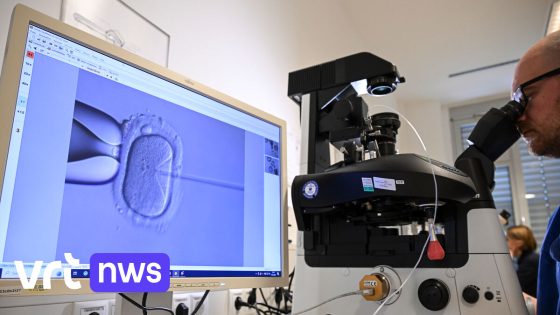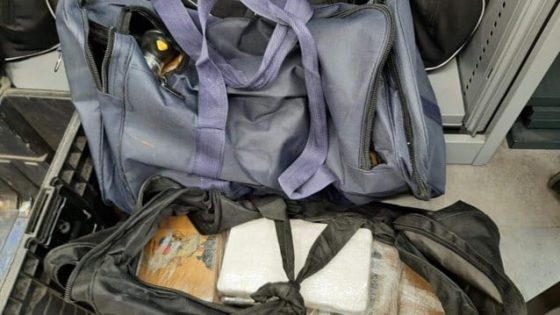In Belgium, concerns have emerged regarding the use of donor sperm carrying a cancer-causing gene mutation. As of 2025-05-30 20:44:00, it was revealed that 52 children from 37 women were conceived using sperm from a single donor known to carry this harmful mutation.
- 52 kinderen verwekt met risicodragend sperma
- Onbekend hoeveel kinderen genmutatie erven
- Aantal donorkinderen overschrijdt wettelijke limiet
- Centrale databank registreert donorgebruik sinds 2024
- Voor 2024 donaties niet in databank opgenomen
What makes this issue more troubling is that the number of children conceived with this donor’s sperm far exceeds the legal limits set in Belgium. Additionally, it remains unclear how many of these children have inherited the dangerous gene mutation.
Since January 1, 2024, fertility centres in Belgium are required to register all donor material in a central database. However, donations made before this date are not included, leaving a gap in tracking and oversight. What does this mean for affected families and future regulations? Read on for the fast answer.
How did this situation arise, and what are the implications for Belgium’s fertility sector? The lack of a comprehensive donor registry before 2024 allowed unmonitored use of donor sperm, potentially exposing families to genetic risks. Key points to consider include:
- The legal limit for donor offspring was breached, questioning regulatory enforcement.
- The central database now improves transparency but only covers recent donations.
- Uncertainty remains about the health impact on children carrying the mutation.
- Calls for stricter monitoring and retrospective data inclusion are growing.
Going forward, Belgian authorities must strengthen oversight and consider measures to identify and support families affected by this genetic issue. Could enhanced regulation and better data sharing prevent future risks? The fertility sector’s response will be crucial in restoring confidence.
































